How we’re learning from Indigenous perspectives at Moorelands.
At Moorelands Camp, the land and water are the picturesque backdrop for unforgettable summer fun, friendship and leadership development. And for generations, Kawagama Lake has been part of our story, where children and youth have had the opportunity to step away from busy city life and discover a true connection with, and respect for, the natural world.
On National Day for Truth and Reconciliation, Moorelands Kids pauses to reflect on the history and Indigenous roots of the land we occupy, and acknowledge our responsibility to care for it. We honour the people and cultures that lived here before us, and the lessons that Indigenous peoples have long taught us about protecting, respecting and learning from the land and water.
Our Land Acknowledgment
Moorelands Kids acknowledges our presence in Toronto on the traditional Indigenous territory of the Mississaugas of the Credit, the Anishnabeg, the Chippewa, the Haudenosaunee and the Wendat peoples; and at Moorelands Camp on Kawagama Lake on the traditional territory of the Anishnabeg and Huron-Wendat peoples.
A water-based people, the Anishnaabeg, the original people of what is now Dorset, understood and stewarded this area as a special, spiritual place abundant in natural resources.
Learning from the Land
We love to see the look on children’s faces when they first arrive at Kawagama Lake. It’s usually a look of awe and excitement, as many of them don’t get to experience the sights and sounds of nature quite like this when they’re at home in Toronto. The towering trees, shimmering lake and wildlife spark wonder in our kids, but they also invite responsibility.
Indigenous teachings remind us that every action we take leaves an impact. Paddling canoes, hiking the trails or roasting marshmallows over a campfire are all opportunities to practise stewardship. At Moorelands, we encourage children and youth to treat the land with respect, as we would treat one another, leaving no trace while caring for the environment around us.
A core tenet of the Moorelands Kids’ curriculum is building relationships, both with peers, mentors, leaders, and also the land itself. Kids at Moorelands Camp are reminded that they are part of something bigger each time they paddle through the water on Kawagama Lake, listen to bird calls or photograph foliage in the forest.
Indigenous perspectives emphasize interconnectedness of people, land and community. By teaching kids to build a relationship with the natural world, Moorelands helps them develop empathy, responsibility and gratitude for the environment.
The Importance of the Canoe
Canoeing is one of our campers’ favourite activities at Moorelands Camp, but its story goes far back, beyond just summer camp tradition.
Indigenous peoples across Turtle Island (North America) designed and built canoes using natural materials such as birchbark, cedar, animal skins and spruce roots. It was an incredible innovation that has stood the test of time, used over thousands of years for travel, trade, hunting and gathering, and connection across vast waterways.
At Moorelands, canoeing is fun! It teaches teamwork, physical skill and respect for the water, but it also comes as a reminder of the knowledge and ingenuity of Indigenous communities.

Bringing These Lessons Into the City
While camp offers a unique space to connect with nature, the values we teach at Moorelands Kids—like respect, responsibility and community—continue year-round through our City Programs across the GTA.
Just as we encourage kids at camp to care for the land and one another, our leadership and life skills programs in the city help children and youth build strong relationships with their peers, program leaders, and the communities they’re part of. In every session, kids are reminded that they belong, that their voices matter, and that their actions make a difference.
Indigenous teachings remind us that everything is connected—people, place and purpose. At Moorelands, we see that connection come to life across all our programs.
Our Ongoing Commitment
Our goal is to continue taking small but meaningful steps toward a future rooted in respect, care and community, and we can do that one child at a time.
RESOURCES:
- To learn more about Indigenous territories worldwide, and to acknowledge the Indigenous history of the land on which you stand, check out this interactive map.
- National Film Board of Canada: Stories Are In Our Bones. Watch this short documentary about a mother who takes her city-raised sons fishing with their kokum (grandmother), giving them a chance to connect with their homeland and one another.
- Build your own canoe! Check out these printable sheets to cut out, colour and create your own canoe, from the Canadian Canoe Museum.
- Learn more about the National Centre for Truth and Reconciliation.
What is Reconciliation?
Find out in this short clip from CBC Kids!
